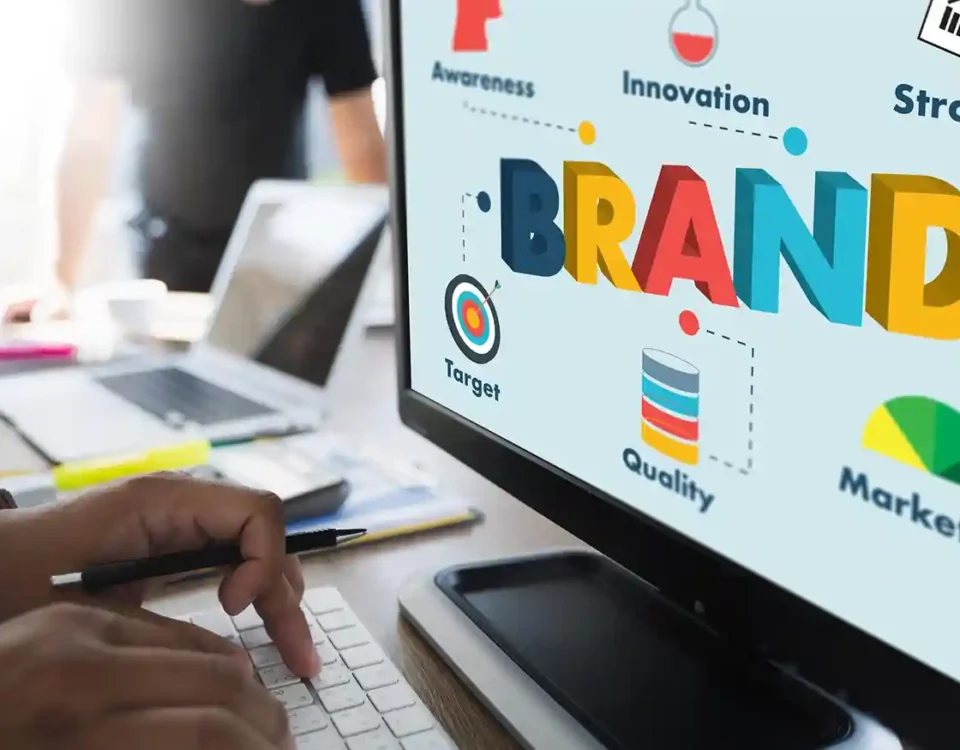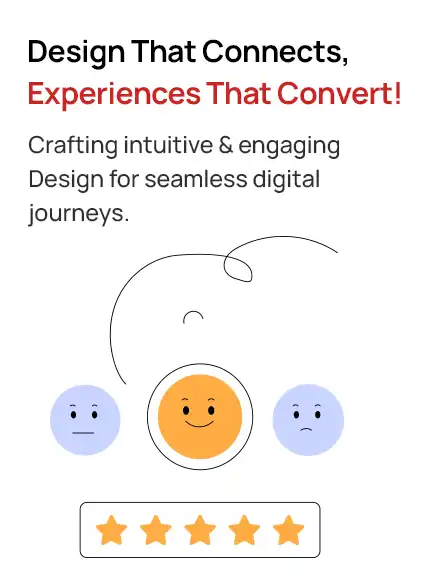
Branding for eCommerce Business
September 9, 2025
Branding for Law Firms
September 15, 2025
Branding for eCommerce Business
September 9, 2025
Branding for Law Firms
September 15, 2025Why Brand Authenticity is the Key to B2B Success
September 12, 2025
- 13 min to Read
Introduction
When people talk about branding, they often think of logos, colors, or catchy taglines. While those elements are part of the picture, in the B2B world, success depends on something deeper—brand authenticity.
B2B transactions aren’t impulsive. They involve months of research, multiple stakeholders, and large investments. Buyers aren’t just choosing a supplier; they’re choosing a long-term partner who will influence their company’s growth. In such a high-stakes environment, authenticity becomes a deciding factor.
So what does authenticity mean for B2B brands, and why is it such a powerful driver of trust, loyalty, and long-term growth? Let’s explore.
Understanding Brand Authenticity in B2B
At its core, brand authenticity means being real. It’s about aligning your values, actions, and communication in a way that feels consistent and genuine. In the B2B context, this translates to:
- Transparency: Communicating clearly about capabilities, limitations, and processes.
- Consistency: Delivering on promises across contracts, customer service, and performance.
- Integrity: Doing business in a way that reflects ethical and honest behavior.
- Human connection: Building relationships that go beyond transactions.
Why Authenticity Matters More in B2B
Unlike consumer purchases, B2B decisions are rarely emotional spur-of-the-moment choices. They involve budgets, risk assessments, and performance evaluations. Still, the emotions of trust and credibility play a central role.
Here are some reasons why authenticity is non-negotiable in B2B:
1. Trust is the Foundation of Partnerships
A single B2B decision often impacts an entire department or company. When a brand communicates authentically, decision-makers feel safer placing their trust in that relationship. Without trust, even the most advanced solutions won’t secure long-term clients.
2. Buyers Look Beyond Features and Pricing
In highly competitive industries, products and services often look similar on paper. What makes a brand stand out is how genuine it feels. Authentic companies—those with clear values and consistent actions—become memorable in crowded markets.
3. Brand Voice
Word-of-mouth is powerful in B2B networks. A single recommendation from a trusted peer can open doors. Brands that consistently deliver and communicate honestly gain reputations that attract referrals and repeat business.
4. It Encourages Long-Term Relationships
Contracts may last for months or years, but strong partnerships can endure far longer. When companies see your brand as authentic, they’re more likely to extend contracts, scale services, and advocate on your behalf.
How Authenticity Influences the Buying Journey
Modern B2B buyers don’t rely solely on sales pitches. They research online, read case studies, and follow brands on social media before making contact. Authenticity plays a role at every stage:
- Awareness stage: Potential buyers come across your website or content. If your messaging aligns with your values and avoids over-selling, it sets the tone for credibility.
- Consideration stage: Buyers compare your brand with competitors. Here, honest case studies, transparent pricing models, and open communication can tilt decisions in your favor.
- Decision stage: Buyers look for reassurance that you’re a reliable partner. Authentic testimonials, real client stories, and consistent messaging make you the safer choice.
Ways to Build an Authentic B2B Brand
Achieving authenticity isn’t about crafting the perfect tagline—it’s about living your values daily. Here are practical ways businesses can build and maintain authenticity:
1. Define and Live by Your Values
Every company claims values, but authenticity means embodying them in practice. If you value “customer-first service,” it should show in how your team responds to client issues, not just in your marketing copy.
2. Communicate with Transparency
Avoid making promises you can’t keep. If your solution has limitations, be upfront. B2B buyers respect honesty more than exaggerated claims. Transparency doesn’t weaken your position; it strengthens credibility.
3. Share Real Stories
Client case studies, behind-the-scenes looks, and employee experiences showcase the human side of your brand. They demonstrate not only what you do but also how you do it.
4. Build Consistency Across Touchpoints
From a LinkedIn post to a sales meeting, your voice and actions should feel aligned. If your website promises innovation, your team should demonstrate it in conversations and deliverables.
5. Invest in Culture as Much as Marketing
Employees are ambassadors of authenticity. A company culture rooted in honesty and purpose naturally reflects outwardly to clients. When employees believe in the brand, their interactions with clients feel more genuine.
Examples of Authenticity in Action
- A tech solutions provider that openly publishes performance benchmarks, including areas for improvement, earns respect because clients see a commitment to growth.
- A manufacturing supplier that highlights not just its flagship products but also stories of collaboration with smaller clients shows humility and inclusiveness.
- A consulting firm that admits when a client’s request falls outside its expertise—but then connects them with a better fit—builds lasting trust, even without immediate profit.
These examples demonstrate that authenticity isn’t about perfection; it’s about honesty and alignment.
The Tangible Benefits of Authentic Branding
While authenticity may sound like a “soft” concept, it delivers measurable business outcomes:
- Stronger client retention: Clients are less likely to switch when they feel valued and understood.
- Higher referral rates: Word-of-mouth spreads faster for brands that feel trustworthy.
- Premium positioning: Authentic brands often avoid competing on price alone, instead commanding loyalty through trust.
- Employee engagement: Teams work harder when they believe in the integrity of the company they represent.
Final Thoughts
In B2B, deals may be signed on paper, but partnerships are built on trust. And trust grows from authenticity.
A brand that stays true to its values, communicates openly, and builds genuine relationships is more likely to succeed—not just in winning contracts, but in sustaining meaningful, long-term partnerships.
At Upclues, we’ve seen time and again how brand authenticity shapes growth. Companies that dare to be genuine—whether in their messaging, culture, or client relationships—don’t just stand out; they last. And in today’s competitive B2B landscape, that’s the real key to success.





